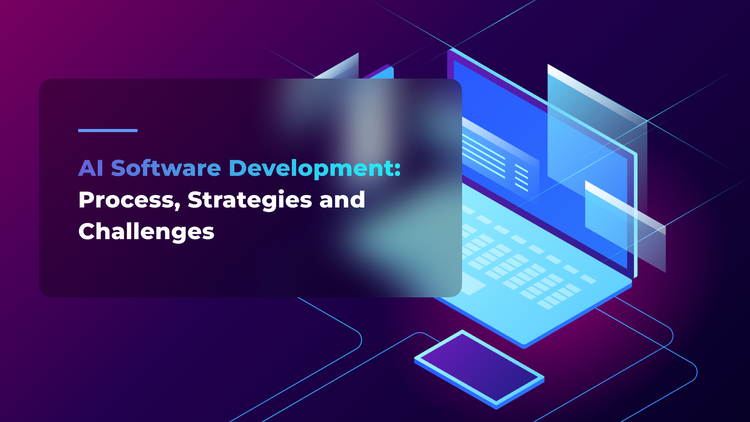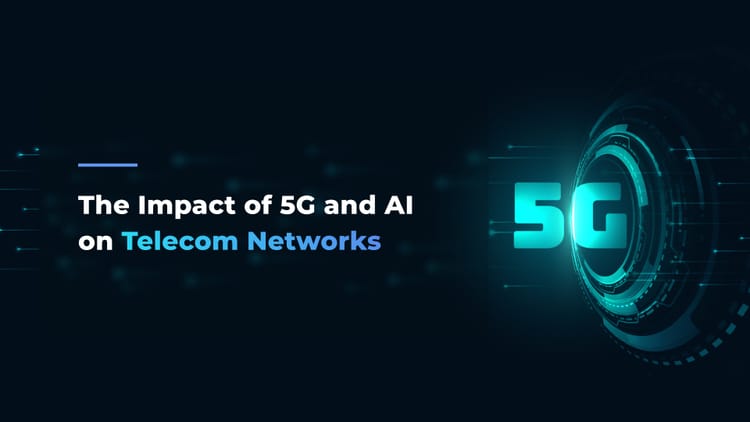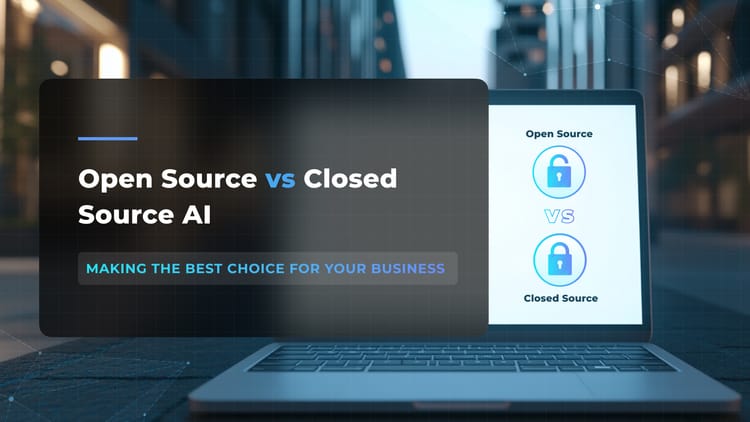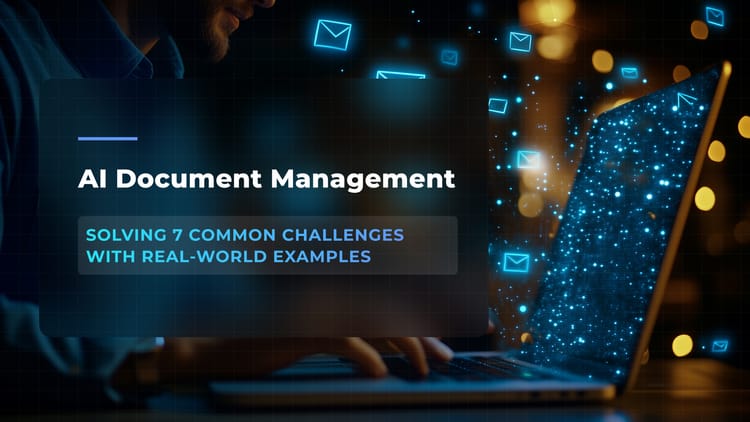Generative AI Use Cases: How Artificial Intelligence Can Benefit Your Business and Boost Revenue
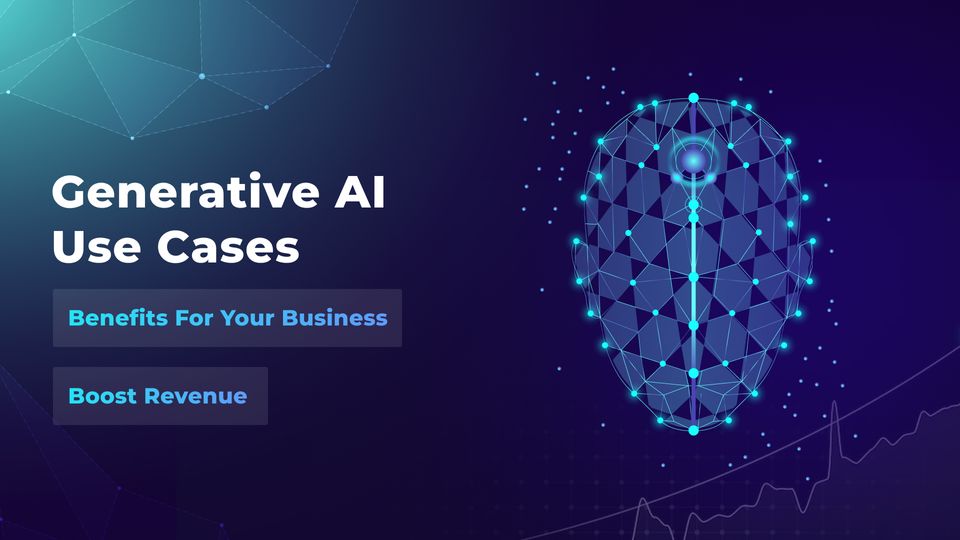
A couple of years ago, AI software able to generate content was pretty expensive and rather niche compared to now — see our breakdown of how much it costs to build AI in 2025. With ChatGPT, Dall-E, or GitHub Copilot becoming accessible and widespread, everything has changed for both businesses and ordinary people. Today, it is safe to say that generative AI is changing everyone’s lives rapidly as well as the global economy. For a deeper look at how the gen AI ecosystem is evolving and where the technology is heading next, check out our article on the Generative AI Value Chain.
McKinsey's research shows that gen AI capabilities are starting to boost the economy, as annual contributions could reach up to $4.4 trillion in some sectors. The majority of this value, around 75%, could be derived from customer operations, marketing and sales, software engineering, and research and development. Through 63 scenarios analyzed by McKinsey, generative AI proves useful in addressing 16 specific business challenges, such as aiding customer interactions, generating marketing content, and even coding based on natural language instructions.
At Flyaps, we’ve been helping businesses worldwide embrace new technologies, including AI, for over a decade. Having implemented AI for enterprises from various industries like recruiting, logistics, urban planning, and so on, our team stays tuned for gen AI usage. In this article, we want to describe the most promising use cases on how generative AI could create business value across industries.
But before we move on does your business really need to adopt gen AI?
How to decide whether you need generative AI or not
The buzz around gen AI can be so overwhelming that business leaders might forget about other AI techniques, especially if it's their first time dealing with AI systems. Gen AI is only a small part of the AI landscape, and while it has shown remarkable results for specific tasks it is intended for, its potential will be wasted when used in situations where it's not the best fit.
For example, using gen AI capabilities to generate customer service responses might seem exciting, but a rule-based AI system could be more reliable and easier to implement in some cases. So here are some best practices to follow if you want to see if your business truly needs gen AI.
Assess the level of impact
According to Gartner, before jumping into gen AI, it’s crucial to understand the impact level this technology has on specific use cases. For example, if you're working on a self-driving car project, the potential of generative AI in this case will be low. Self-driving cars need to make quick, real-time decisions based on tons of sensor data. This involves complex tasks like object detection, path planning, and response to dynamic environments. These tasks are better suited to other forms of AI, such as reinforcement learning and computer vision, which are specifically designed for interpreting sensory input and making decisions in real-time.
To better understand where generative AI will have low and medium impact, look at a table provided by Gartner:
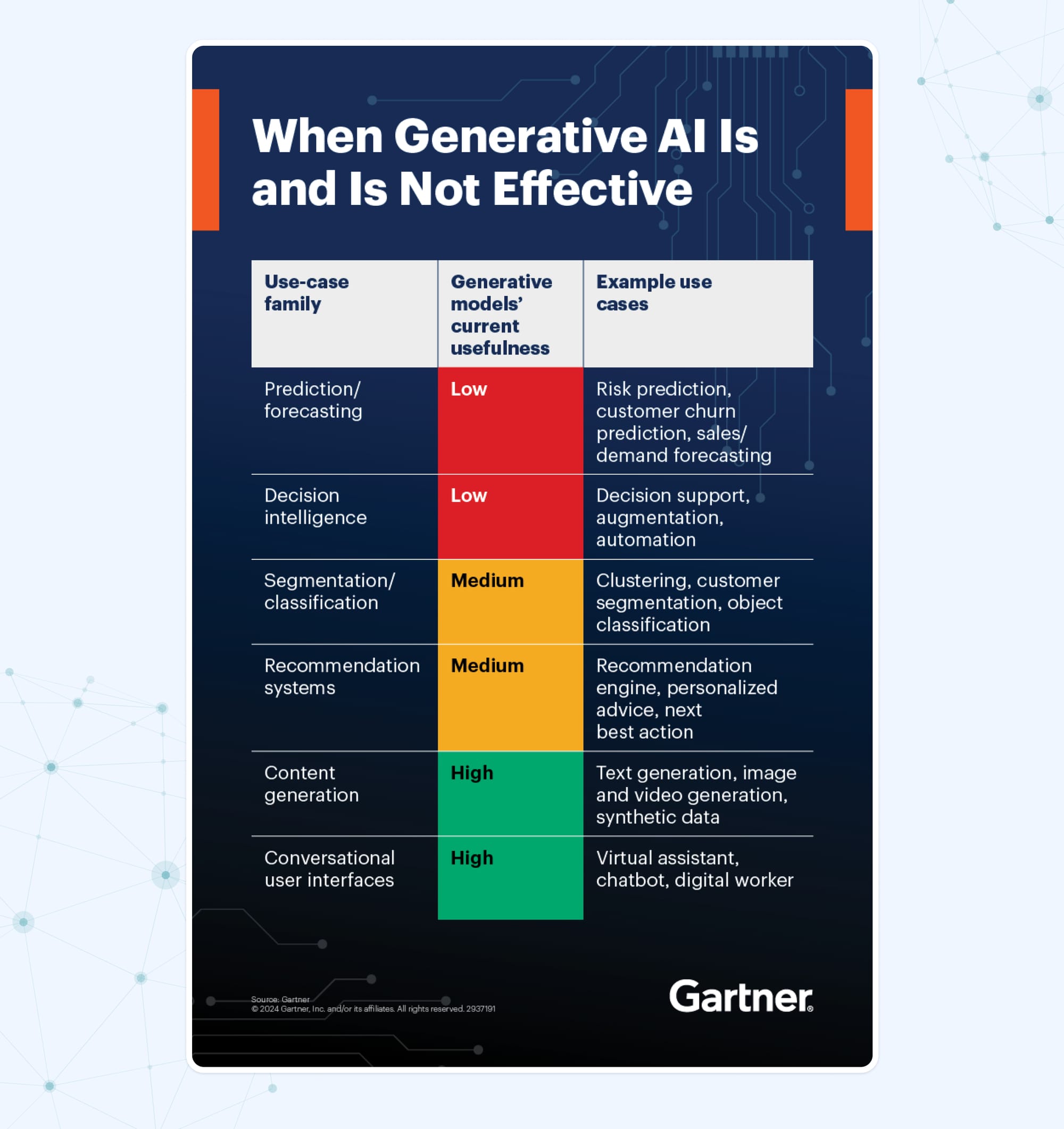
Don't dismiss alternatives
Non-generative machine learning, optimization, simulation, rule-based systems, graph-based methods – all of these alternative techniques might be a better fit for you than generative AI.
For instance, rule-based systems can be highly effective for straightforward decision-making tasks, while optimization algorithms are ideal for improving operational efficiency in logistics and operations. Similarly, simulation can provide deeper insights into complex scenarios like supply chain management, while graph-based methods excel in analyzing network relationships.
At Flyaps, we often help our clients choose between gen AI and alternative techniques. One of our clients, Relocate.me, a platform that lets IT specialists find jobs globally, needed a solution to automate resume improvement. Many job seekers on the platform, despite having great experience, couldn’t get interview invitations due to poorly written resumes. Initially, the Relocate.me team handled resumes manually, but as the number of users grew, they needed a tech solution to automate this process.
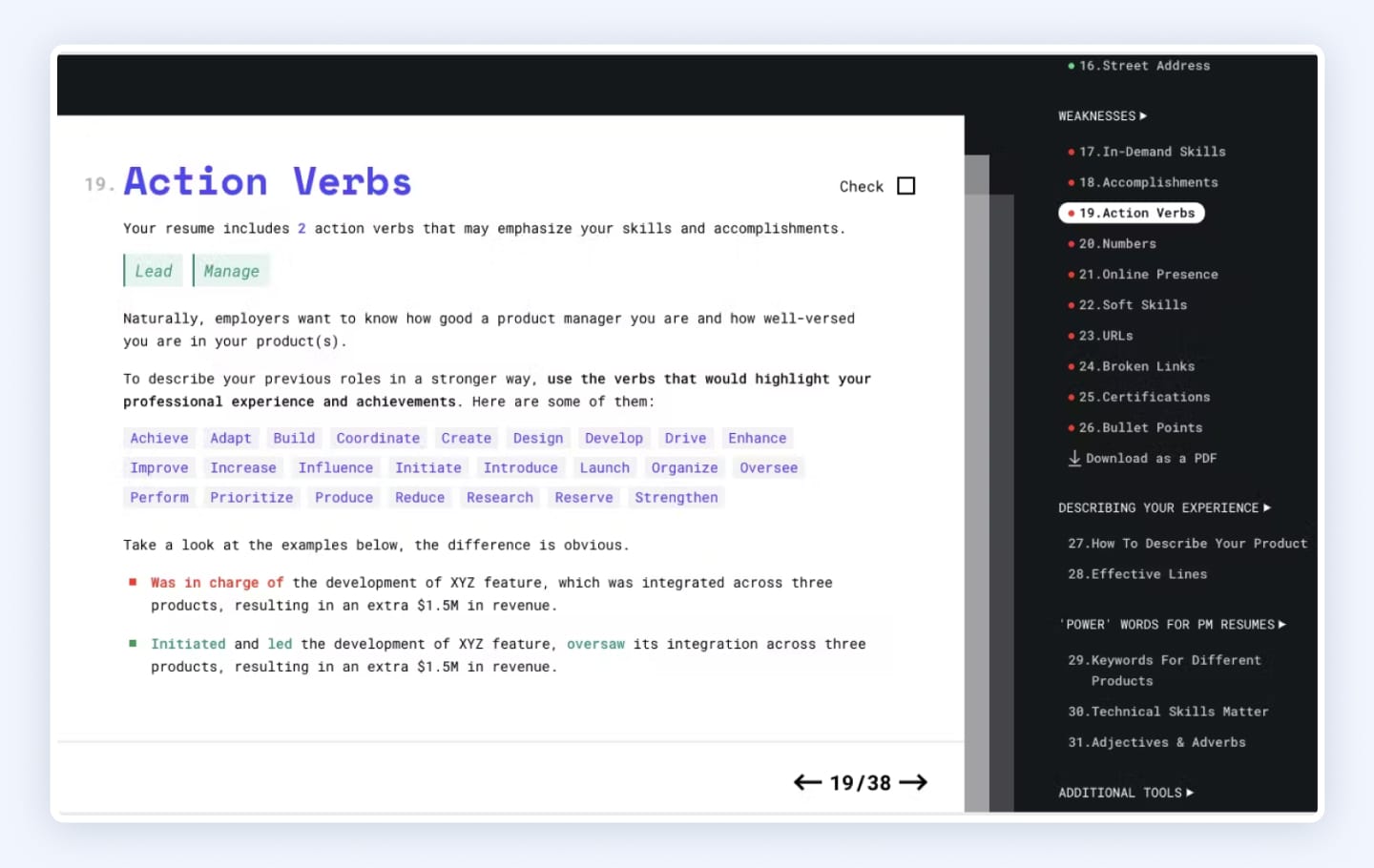
At first glance, gen AI seemed like a good fit for this task. It works well with unstructured text and can be trained to understand specific terminology. However, we decided to look for more time- and cost-effective alternatives. That’s why we combined an NLP algorithm with our custom machine learning model. This approach allowed us to build CV Compiler – a solution that can process PDF files, identify and extract information from resumes, offer improvement options for candidates' resumes, and serve both B2B and B2C.
So, instead of implementing generative AI, we delivered a solution that was more efficient, cost-effective, accurate, scalable, and tailored to the specific needs of our client.
AI can do more for your business—let’s find the best way to make it work for you. Check out our expertise and let’s discuss your next AI project.
See out AI servicesTry different combinations of technologies
AI techniques don’t work in isolation, and generative AI systems rarely consist of generative AI components alone. Think of any technology as a tool to solve a specific task. When you have a complex problem that involves multiple tasks, your solution will always combine different technologies.
Take a voice assistant, for example. Generative AI might be used to create the responses, but other AI techniques like natural language understanding (NLU) and speech recognition are crucial, too. The speech recognition part turns spoken words into text, NLU interprets the text to figure out what the user means, and then generative AI creates a response based on that understanding. Each piece is essential to make the whole system work smoothly. So, solving complex problems usually means blending various technologies, each contributing its unique strengths.
Gartner suggests mixing non-generative machine learning with gen AI models for tasks like segmentation and classification, synthetic data generation, and computer vision. This way, you can leverage the strengths of both techniques and enhance your system's capabilities. Similarly, using simulation alongside gen AI models works great for simulation acceleration.
The key to success with generative AI isn't just using it correctly. It's about using it where it really makes a difference. Integrate it in a way that matches its strengths with your goals. This way, you can see its true impact and benefits. Not sure which technologies fit your specific goals? Send us a note and we can help you find out.
Want to know more about generative AI specialists you might need to embrace this technology?
Read our dedicated article “9 Generative AI Roles You Need for Your Business.”
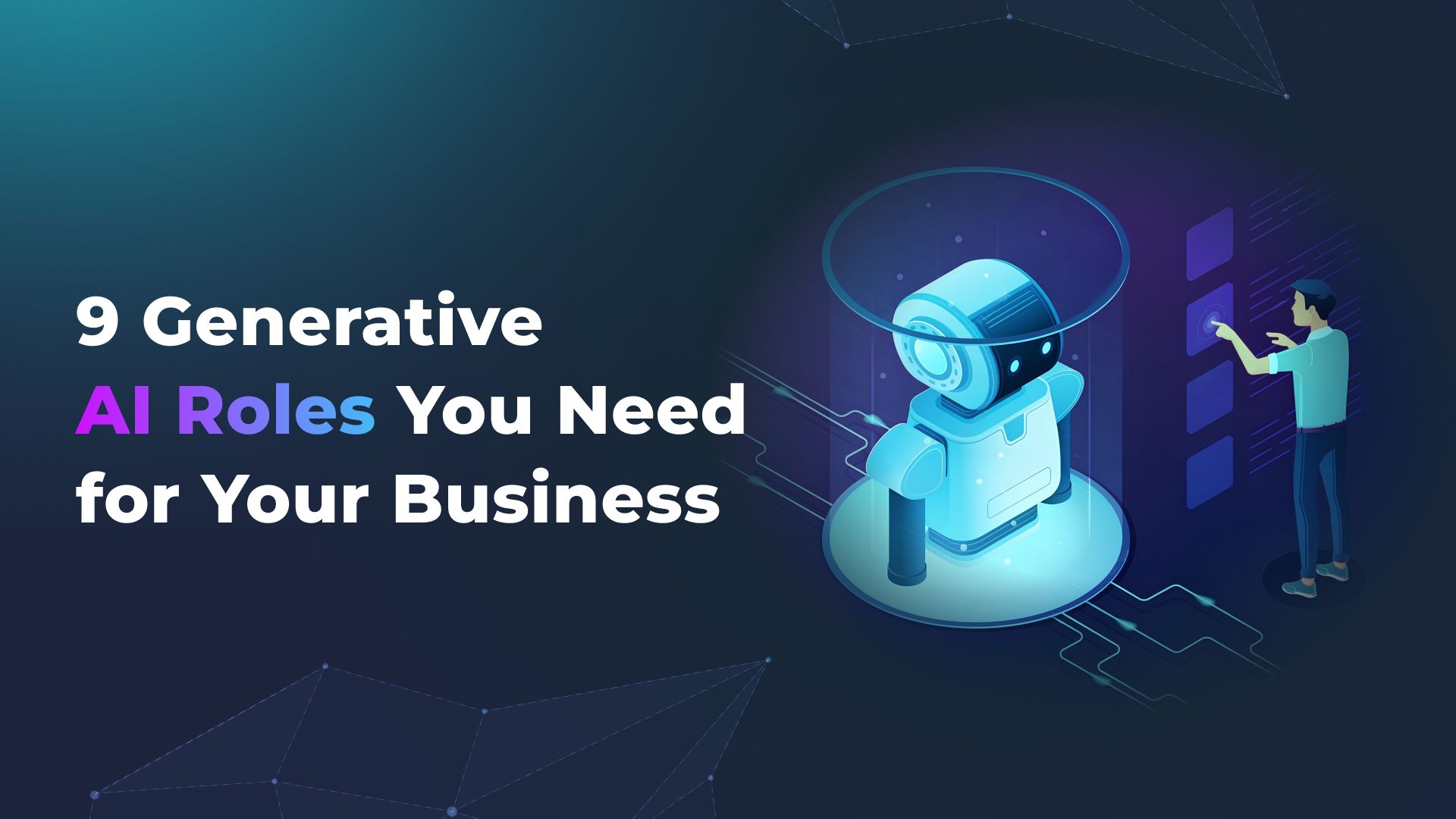
Now, let's move directly to generative AI.
How generative AI tools impact business functions and revenue performance
Though generative AI is a subset of AI, it distinguishes itself by its capacity to mimic and even enhance human creativity. This unique ability sets generative AI apart from other AI technologies and creates huge perspectives for businesses across various sectors. Look at the table below created by McKinsey to illustrate the research we’ve mentioned. As you can see, almost every sector can boost their revenue by adding generative AI to improve their marketing processes or software engineering.
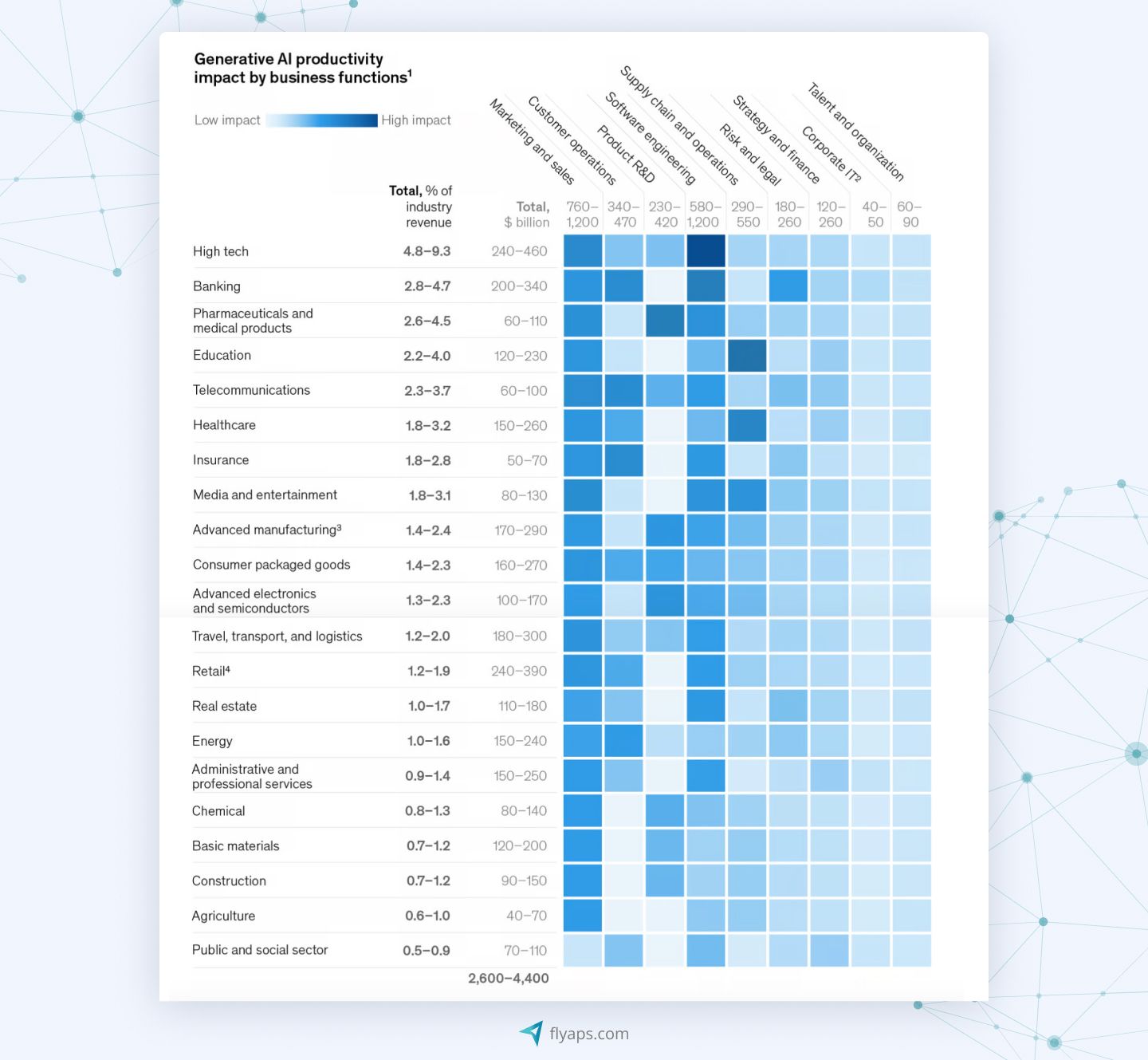
With that in mind, let's dive a bit deeper into the typical advantages businesses get from using generative AI tools.
Cost reduction through automation
Here’s how Siemens is using Microsoft Copilot with their software for managing the manufacturing of their products. They're combining it with Microsoft Teams, a communication tool. As a result, if someone working on the production line notices a problem with how something is designed, they can just talk into their phone and report it using plain language. Then, the AI-powered system can quickly summarize the problem and send it to the right person to fix it.
By automating routine and repetitive tasks, generative AI reduces the need for manual labor. This efficiency not only cuts costs but also allows companies to allocate resources more effectively, potentially increasing profit margins.
Enhanced decision-making
AI-powered systems can analyze vast amounts of data to suggest solutions, predict outcomes, and optimize decisions, often with greater accuracy and speed than human analysis alone.
Take the U.S. Energy Department, for example. Their grid operators keep an eye on electricity flow from generators to places like homes, hospitals and schools and act fast if there's a problem, like a storm. That's a lot of decisions they have to constantly make as well as comb through a lot of data.
To help them, researchers at Pacific Northwest National Laboratory created a gen AI-based solution - ChatGrid. If an operator needs to learn something about the power grid, they can just ask ChatGrid a question, like “How much wind power is being generated in the Western Interconnection?”. ChatGrid then shows the answer with visualization.
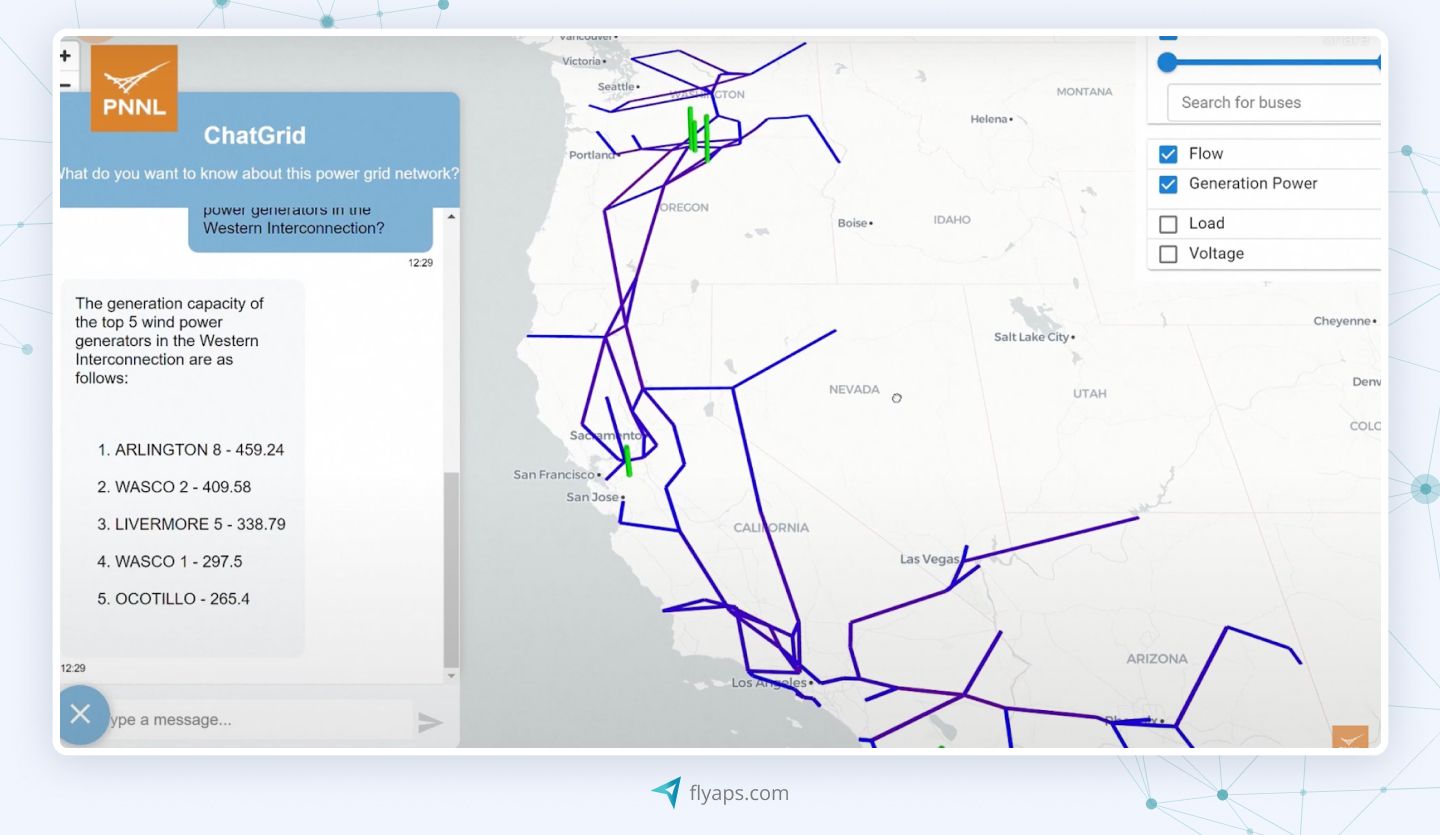
Improved customer service
Generative AI can power sophisticated chatbots and virtual assistants that provide instant, 24/7 customer support. This level of service improves customer satisfaction and loyalty, which are critical for keeping customers coming back and sustaining steady revenue growth.
Delta Air Lines, a major American airline, has incorporated generative AI into Ask Delta - its chatbot designed to assist customers with various tasks such as checking in, tracking bags, and finding flights. The solution delivers quick and detailed responses, streamlining the process for customers to access the information they require and significantly reducing call center load, down by 20%.

Optimized supply chain
Generative AI can optimize various aspects of the supply chain, including inventory management, logistics, and demand forecasting. By reducing costs in these areas, businesses can enhance overall revenue performance.
Before the AI era, to ensure great customer experiences and timely product delivery, Domino’s Pizza UK & Ireland used spreadsheets to predict demand. After gen AI has gained traction and learned to forecast ideal stock levels based on demand trends and external factors, the company managed to automate the delivery process with Microsoft's Dynamics 365, improving its forecasting quality.
The company has already seen a 72% increase in accuracy through the use of demand planning capabilities.
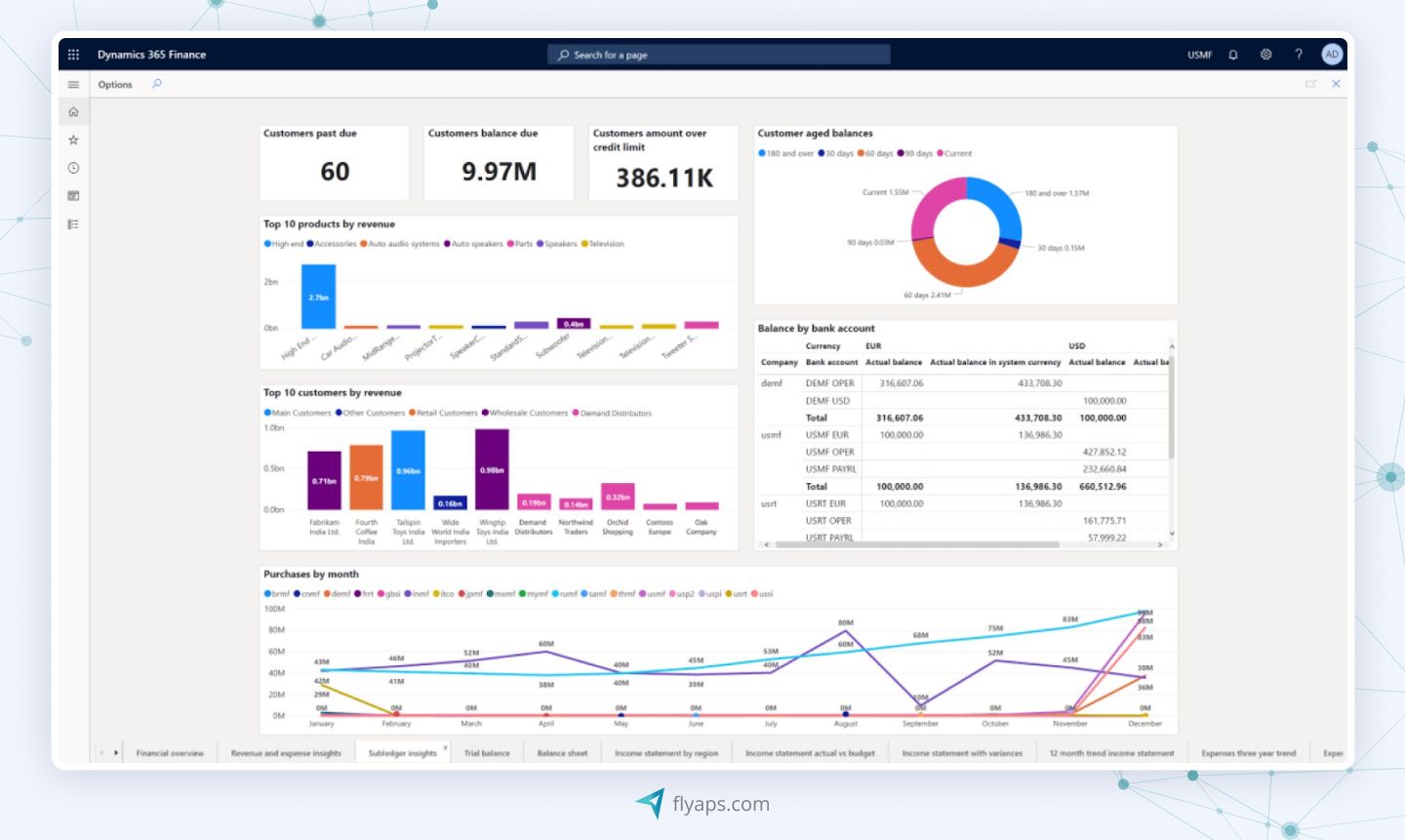
Now, here are some real-life examples of how gen AI improves multiple aspects at once across different domains.
Gen AI use cases across different industries
Although generative AI is a new technology, many companies from various industries have already been harnessing the benefits we've covered. Let's explore a few generative AI use cases to understand how they achieve these benefits.
Manufacturing
In one of their studies, ABI Research showcased how manufacturers can use the potential of generative AI. They identified 25 approaches for this industry to get the most out of gen AI. For instance, the study recommends manufacturers to use gen AI technology for predictive maintenance, inventory management, and product quality assurance.
Using the right generative AI tools is one of the most important ways to achieve success in manufacturing. Take the EOT’s Twin Talk GPT for example. It is a generative AI product that helps to monitor equipment's health. The tool combines generative AI and edge computing to simulate typical events. This data is then used to train the ML algorithms essential for optimizing equipment conditions and performance. In essence, EOT's Twin Talk GPT uses generative AI to improve predictive maintenance capabilities.
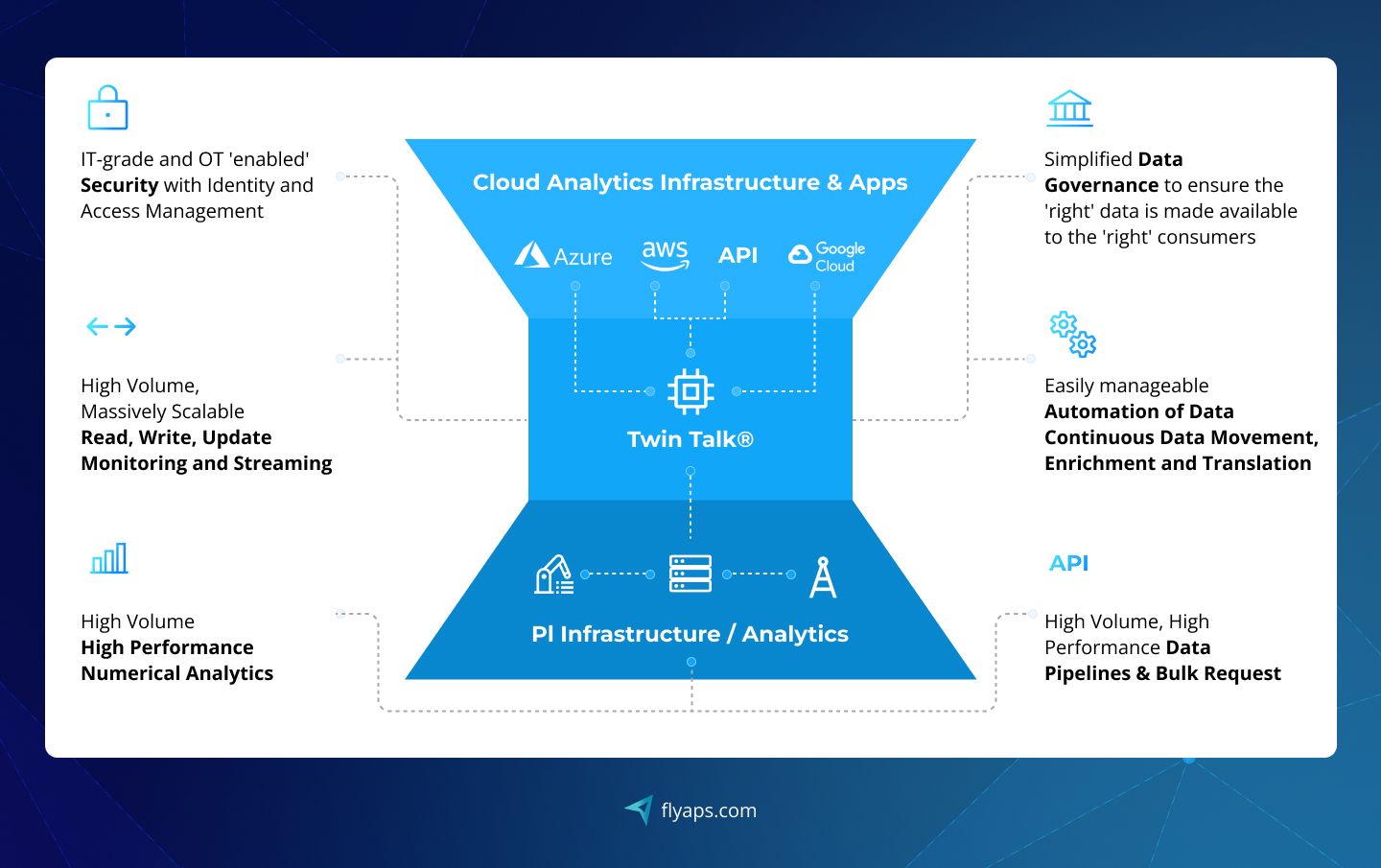
Marketing
The role of generative AI in content creation is priceless. Texts, images, videos, music, search engine optimization (SEO) and even sentiment analysis – all these are the areas where marketing teams now can free up around 5 hours a week and 3+ hours on a single piece of content to focus on strategy.
According to BCG’s research, 41% of CMOs are using AI-generated content to improve targeting and personalization. One of the most interesting examples of such usage is the Virgin Voyages campaign featuring Jennifer Lopez.
Virgin Voyages, in collaboration with advertising agency VMLY&R and AI startup Deeplocal, launched an entertaining marketing campaign where Lopez “lent her likeness to an AI program” named Jen AI to promote Virgin Voyages cruises. Through the Jen AI tool on the Virgin Voyages website, consumers could create personalized cruise invitations. The campaign was not only innovative but also amusing, as it playfully highlighted the imperfections of AI.
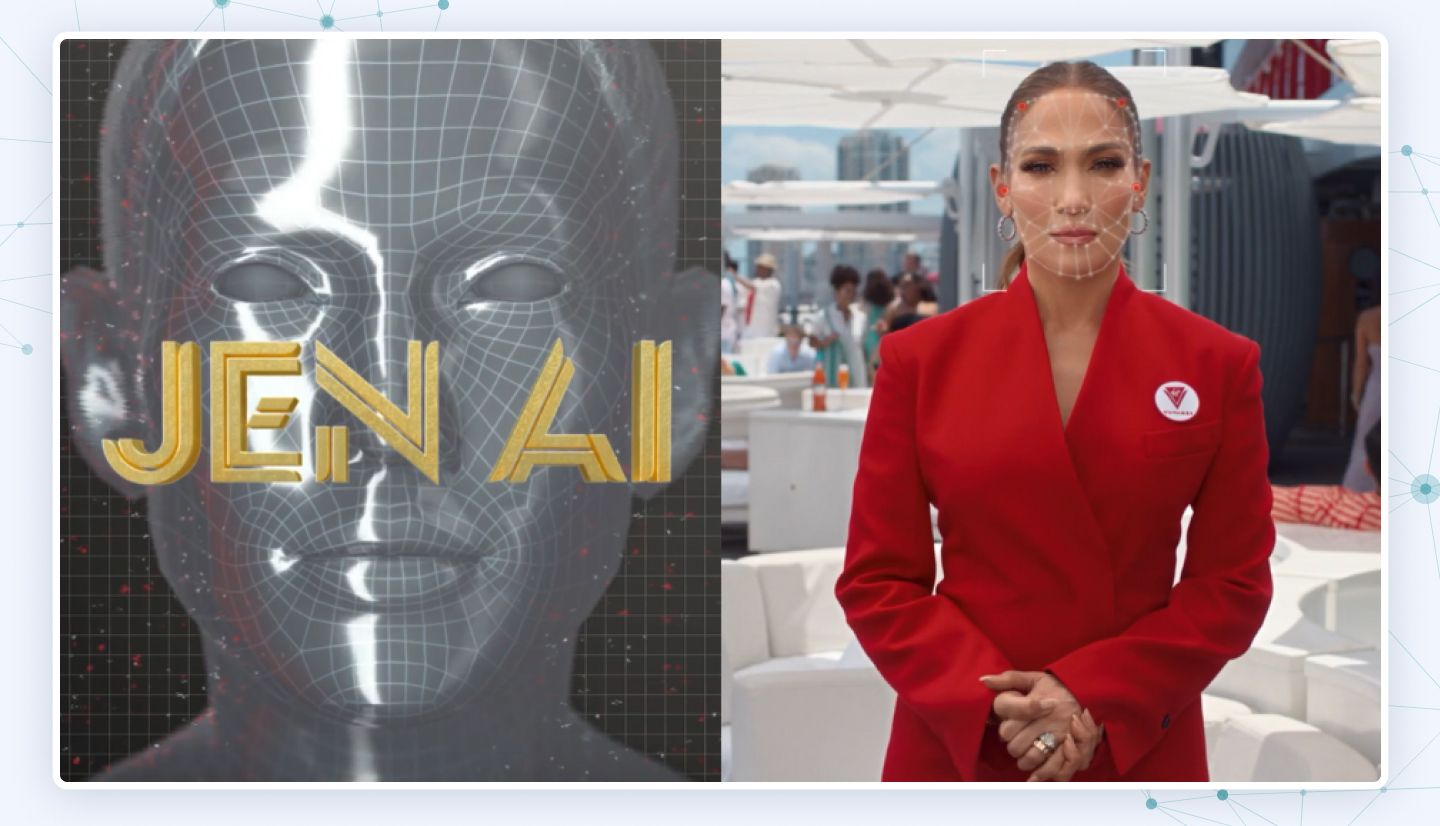
Telecom
A recent survey of industry leaders shows that the use of generative AI in telecom is expected to increase from 19% to an impressive 48% over the next two years. This technology is becoming more widespread for network optimization, creating assistants with natural voice generation, fraud detection and many more.
Let’s take a look at the SK Telecom case. SK Telecom is a major South Korean telecom provider that developed its own AI chatbot called A. (pronounced as “A dot”). It is pretty similar to OpenAI's ChatGPT, however, by incorporating various SKT-owned services like music streaming, e-commerce, and payment apps, A. provides a more personalized experience.
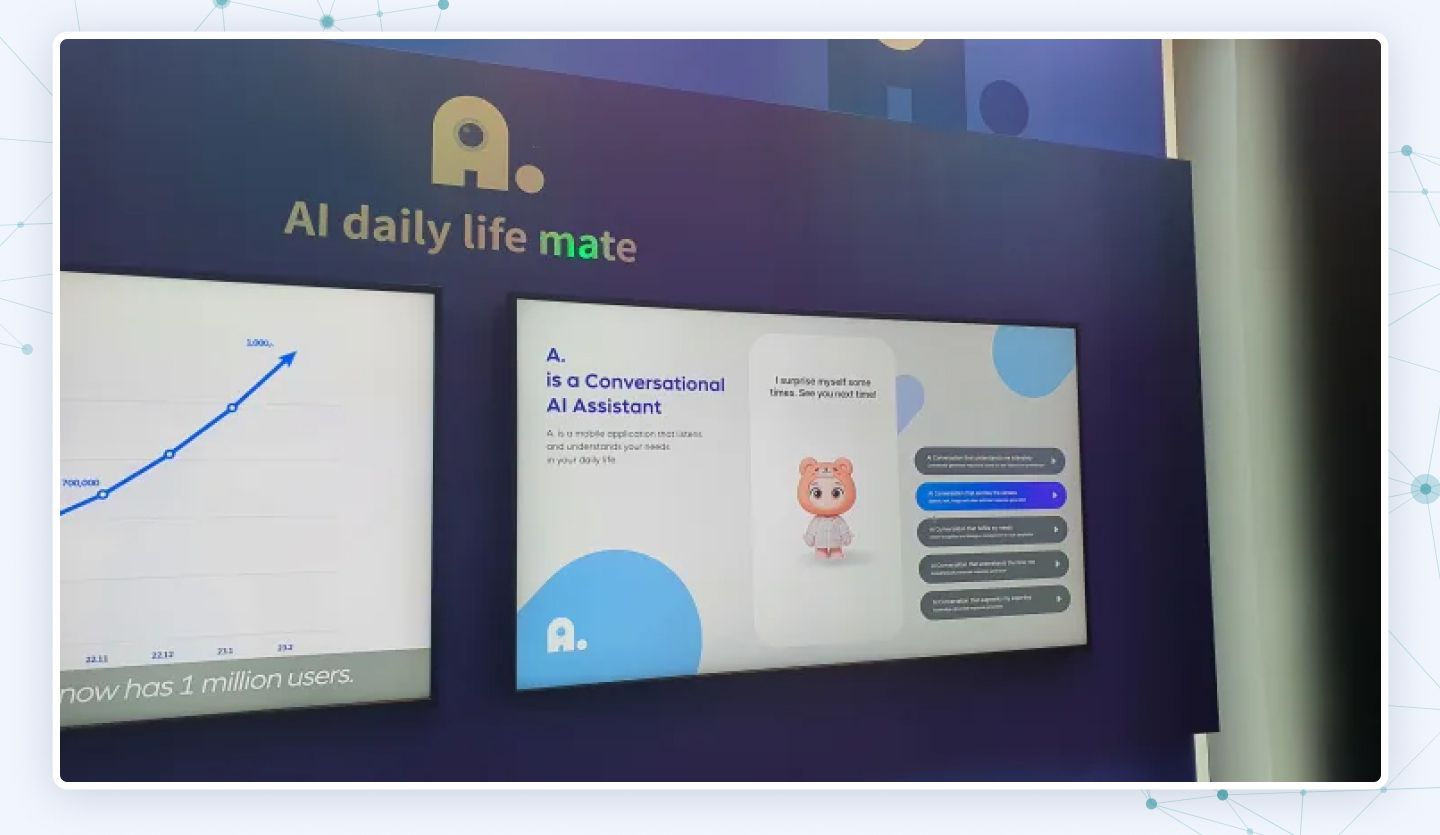
The SKT's goal was to create an app that helps users access multiple services within a single platform. This approach, popularized by Chinese tech giants like Tencent with WeChat, aims to streamline user experience and offer a wide range of functionalities within one app.
Healthcare
The generative AI healthcare market size is expanding quickly as this technology proves to be highly beneficial for diagnostics, mimicking patient responses, and creating synthetic data for testing and training. A recent report shows a compound annual growth rate (CAGR) of 32.6% by 2032. Approximately 75% of top companies in the healthcare industry are either already experimenting with gen AI or are in the process of scaling up its use.
Let’s take a look at Recursion Pharmaceuticals, a TechBio company that decided to invest in two Canadian AI startups. One of the investments, Valence, focuses on gen AI and its specialty lies in creating drug candidates from limited and noisy datasets, offering new approaches for drug discovery.
Another noteworthy initiative comes from the University of Toronto. The organization introduced a gen AI system, ProteinSGM, that can create new proteins by analyzing imagery representations of existing protein structures at a rapid pace. After that, another AI model, OmegaFold, assesses the potential of these proteins. A majority of the artificially generated sequences fold into real protein structures.
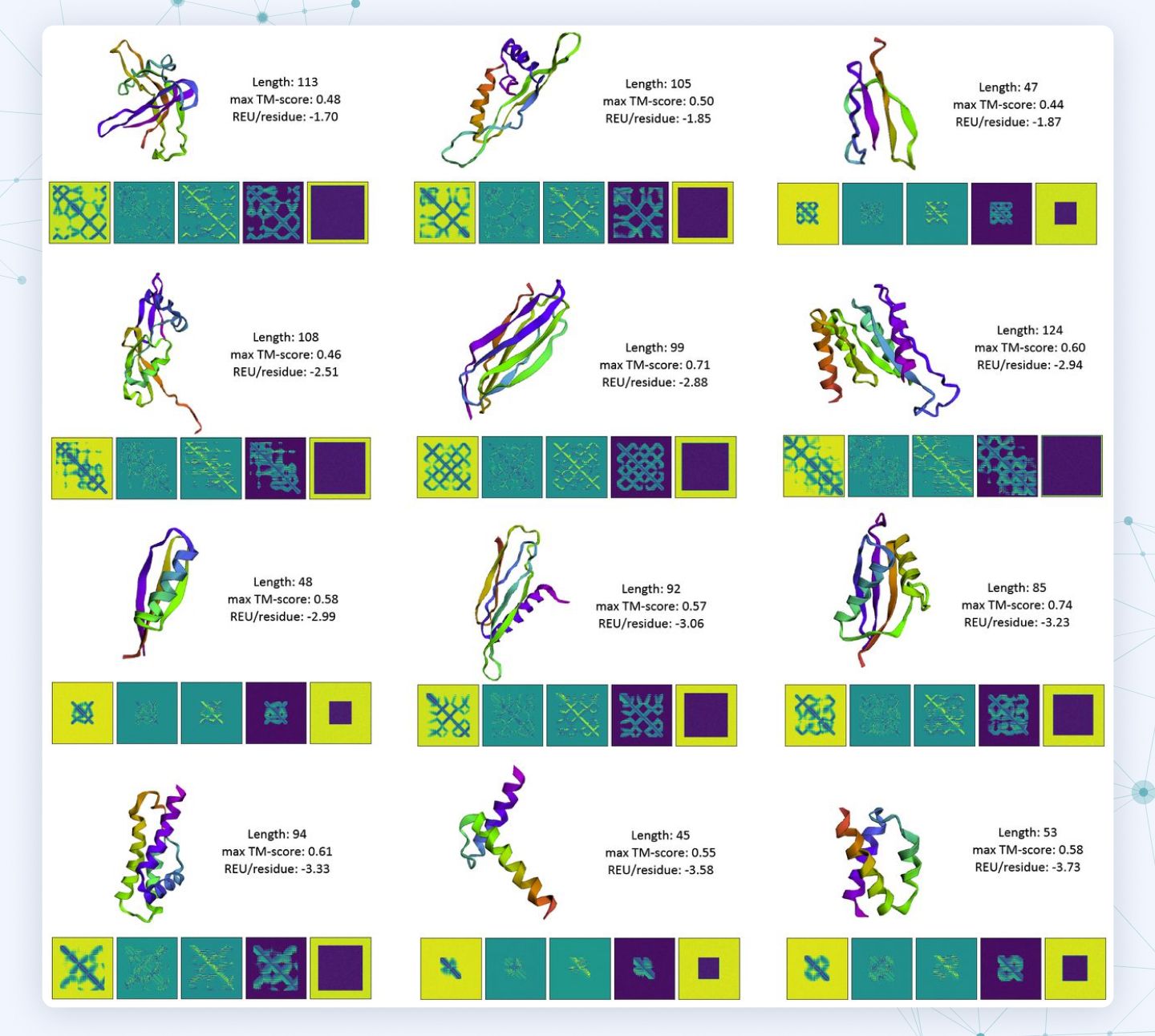
Retail
Generative AI tools and techniques have a high impact on the retail sector, with many retailers exploring their potential in various areas. A significant 66% are leveraging it for personalized experiences, tailoring suggestions to individual customer preferences. Trend analysis and inventory management follow closely, with 64% utilizing generative AI systems to forecast trends and optimize stock levels.
Additionally, 53% are employing generative AI tools for automatic product description generation, streamlining the process of showcasing merchandise online.
Some retailers, representing 28%, are embracing AI-powered virtual try-ons to enhance the online shopping experience, while others (21%) are using it to expedite product design and development.
Let’s take Sephora, for instance. Sephora is using AI to improve shopping, offering personalized shade matching through its ModiFace partnership. Customers can upload a photo to Sephora Virtual Artist on Facebook Messenger, where gen AI analyzes facial features and suggests the best shade from Sephora's stock. This helps customers see how products will look before buying, blending online and in-store experiences. By integrating tech into mobile platforms like Messenger, Sephora matches its demographic's online habits, boosting engagement and sales.
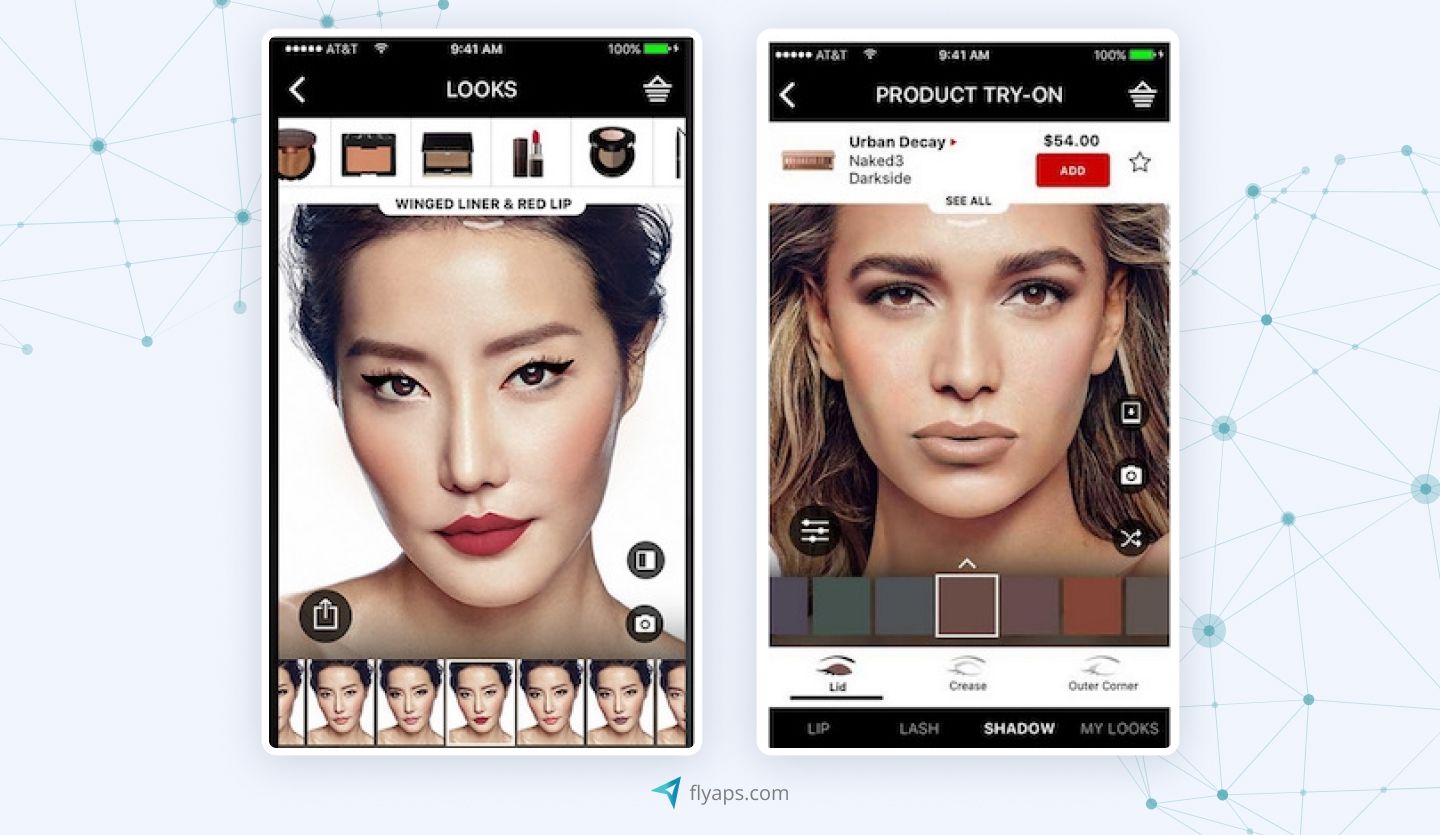
Banking and insurance
Banking and insurance sectors have some regulatory challenges when it comes to using gen AI, therefore gen AI adoption for industries that majorly depend on confidential data and data security is slower than in healthcare, for example. Nevertheless, according to a survey provided by Dataiku and Databricks, 61% of respondents from the financial services, insurance, and banking are “likely” and “very likely” will use gen AI. 42% have already started with the development process and adoption.
Wells Fargo, a leading financial services company from the U.S., is one of those organizations that already successfully implemented generative AI. They used this technology to relieve Gen Z and millennials from financial stress by simplifying the process of managing their clients’ finances with a virtual assistant called Fargo. The assistant is integrated into Wells Fargo’s mobile app, designed to provide users with a personalized and intuitive banking experience. It offers features like insights on spending patterns, transaction tracking, debit card management, credit score checking, and more.

Generative AI allows the assistant to learn user spending habits, provide personalized recommendations, and detect suspicious transactions to protect against fraud. With upcoming improvements, Fargo will offer even more proactive assistance, such as suggesting ways to save money and analyzing cash flow.
HR management
Generative AI tools present various opportunities for HR professionals. It can streamline tasks like resume screening, interview scheduling, and performance evaluations, saving time and improving productivity.
Generative AI tools are highly helpful with drafting job descriptions, guides, training materials, and HR policies, ensuring efficiency and reducing bias in documentation processes.
By analyzing data from platforms like LinkedIn and GitHub, generative AI can identify candidates with the right skill sets, aligning recruitment practices with the shift toward skill-based hiring.
Let’s take an example of Relocate.me - a platform designed to help programmers and other tech specialists find job opportunities wherever they prefer geographically. AI helped the company to fix a major problem - a huge amount of poorly written resumes that were hindering job seekers' chances of passing the initial CV screening process.
Initially, the Relocate.me team managed this manually by providing tips on how to improve each CV to make it stand out. However, as the number of CVs requiring assistance increased, the manual approach became overwhelming for the company's employees. This prompted Relocate.me's management to seek help from Flyaps to automate the process. So, we developed for them an AI-driven resume parser called CV Compiler. The solution assesses a candidate's skills and suggests relevant IT terms to improve their resume.
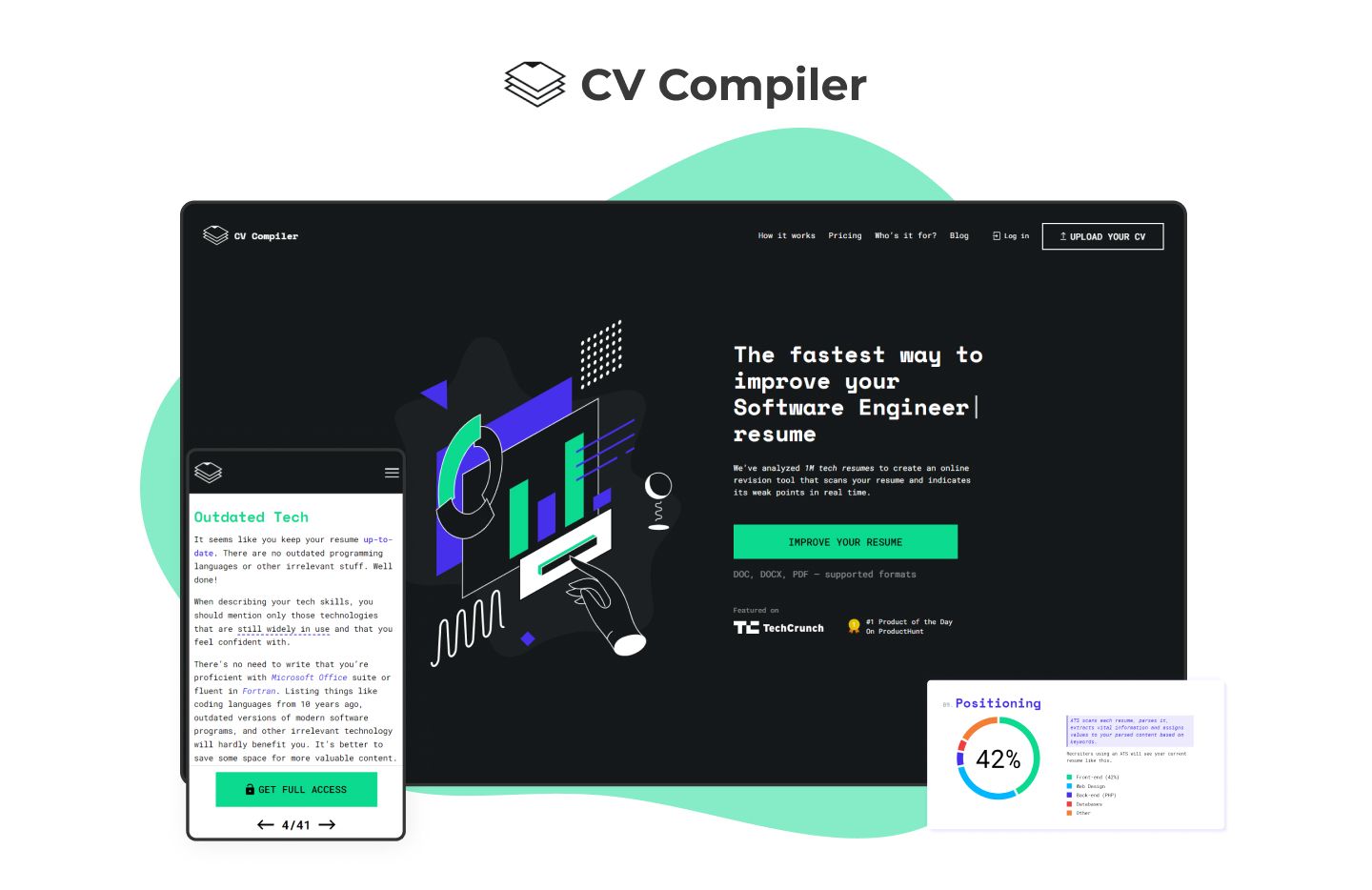
To do so, we combined a natural language processing algorithm with our custom machine learning model, creating an API-first product for fast and accurate performance. This approach is suited for both B2C and B2B, allowing our client to use the tool to help not only users of Relocate.me platform but also other businesses like global recruitment agencies.

High tech
Code generation, product design data analysis, and cybersecurity are among the most common reasons why tech companies use generative AI tools. Some of them go even further by creating their own generative AI products, thus expanding their offerings.
Take Microsoft for example. This tech giant offers generative AI services through its Azure OpenAI, which incorporates OpenAI's LLMs while ensuring enhanced data security and custom AI applications. This service is particularly attractive to enterprises looking to safeguard sensitive data while leveraging the benefits of generative AI.
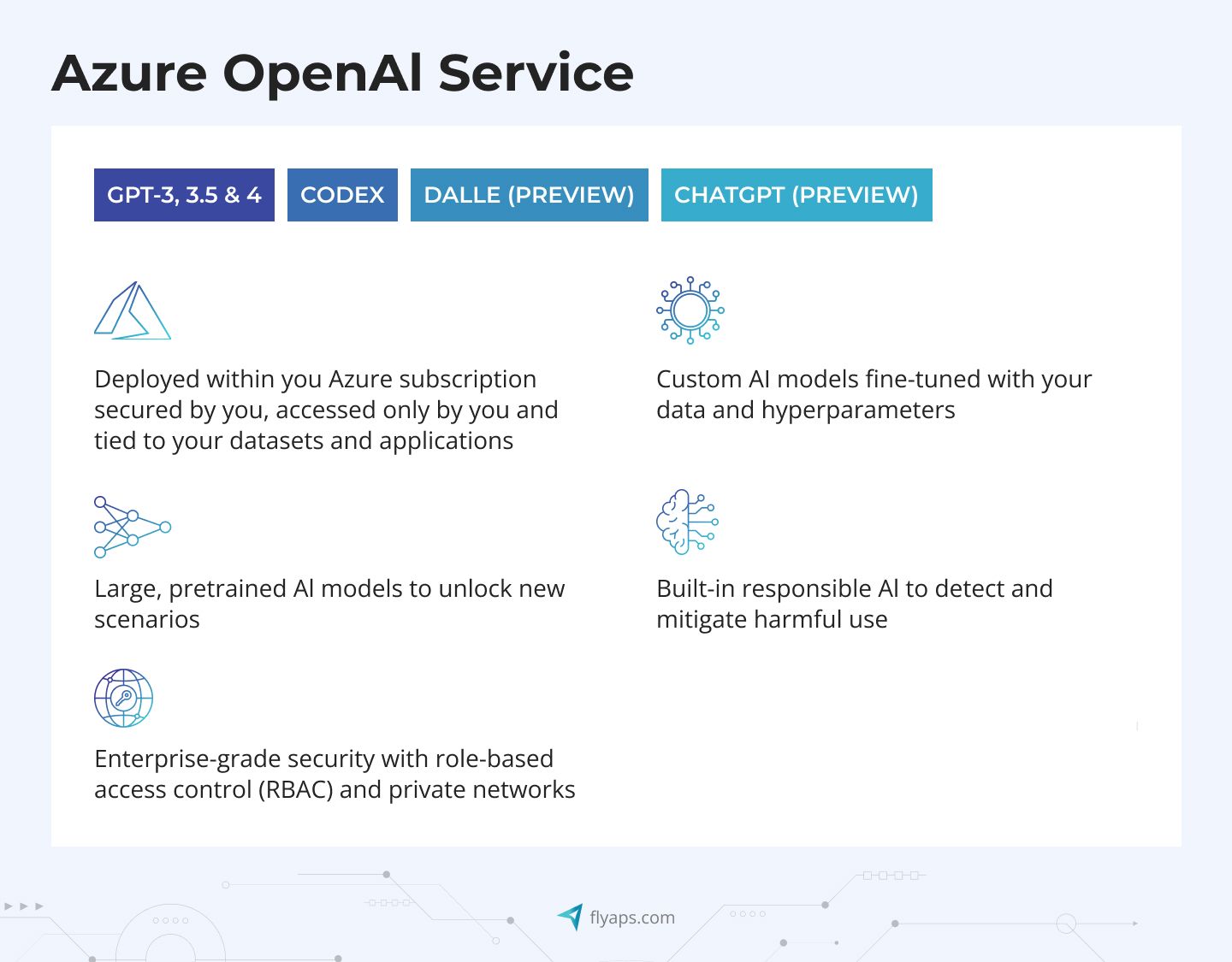
Microsoft's Azure AI development platform boasts over 20,000 active paying customers as of November 2023, with 85% of Fortune 100 companies having tried it in 2022.
While Microsoft maintains a strong partnership with OpenAI, it also promotes the use of alternative models like Llama 2, allowing customers to experiment with various models and providers. Additionally, Microsoft prioritizes integrating AI into its existing products, including Microsoft/Office 365 and Bing.
Want to better understand the differences between gen AI and LLMs?
Check out our article “Generative AI vs Large Language Models: Key Differences and When to Use.”
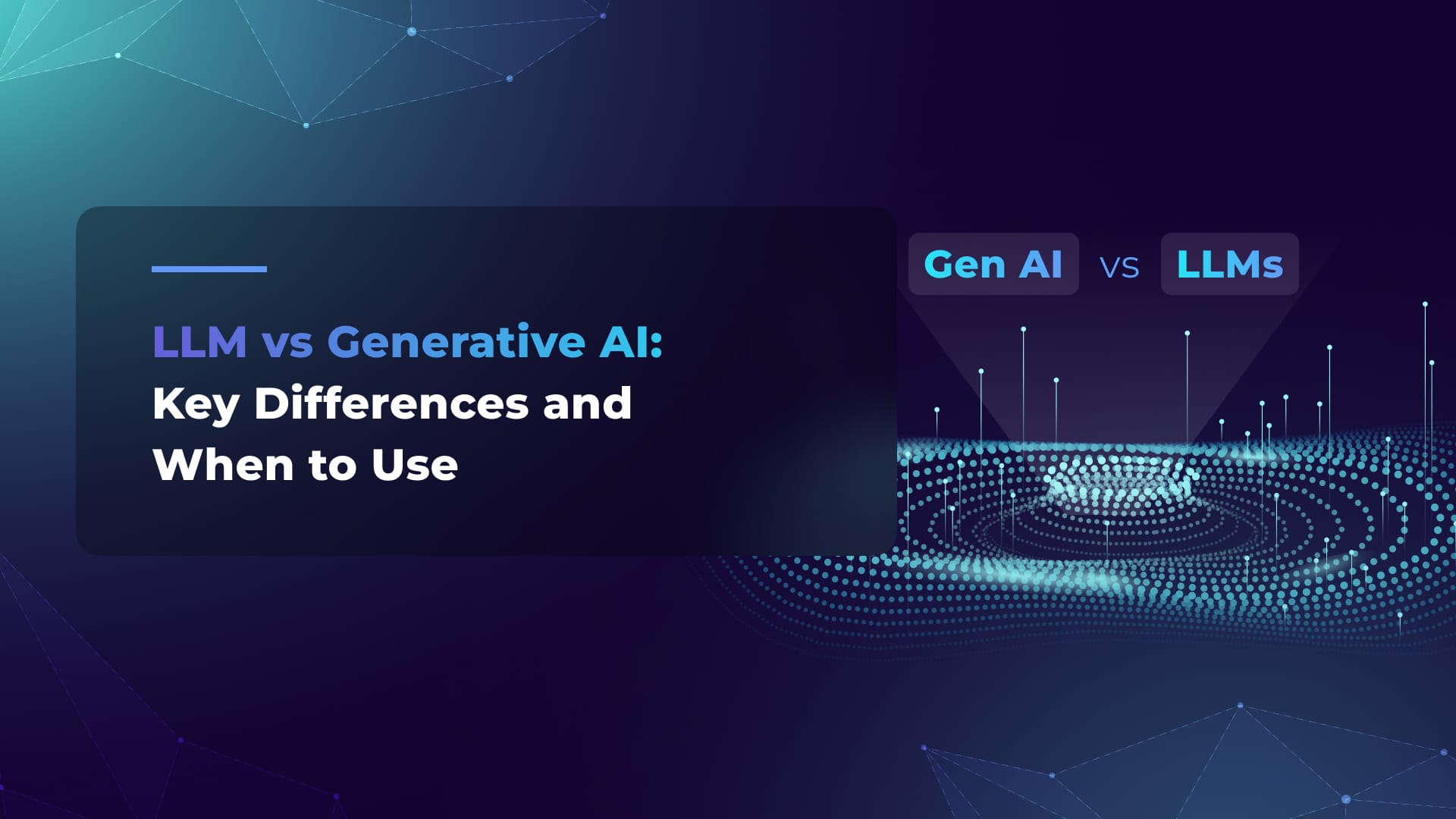
Final thoughts
The potential of generative AI cannot be exaggerated. Its ability to boost business revenue, revolutionize industries, streamline operations, and reshape the job market is truly remarkable. However, gaining these benefits is not a simple task. It requires careful planning and collaboration with experienced tech professionals who understand the intricacies of this rapidly evolving field. As an AI-focused software development company, Flyaps is ready to be your trusted partner in harnessing generative AI for your business.
Through our collaboration, we can help you by:
- Developing custom generative AI product
We are masters in creating tailor-made generative AI solutions that would suit your specific business needs and goals.
- Offering our customizable AI solutions
Our range of pre-built AI solutions for HR, logistics, retail and content creation can be adapted and implemented into your infrastructure.
- Integrating third-party gen AI solutions with your tech ecosystem
If you want to integrate a third-party generative AI solution but are concerned about choosing the best possible options, or don't have the in-house AI expertise to ensure smooth operation, enhanced functionality and security, we're here to lend a helping hand.
Still not sure if your case could be as successful as those we've covered above? Don't let uncertainty hold you back – drop us a line to get started!
AI can do more for your business—let’s find the best way to make it work for you. Check out our expertise and let’s discuss your next AI project.
See out AI services


